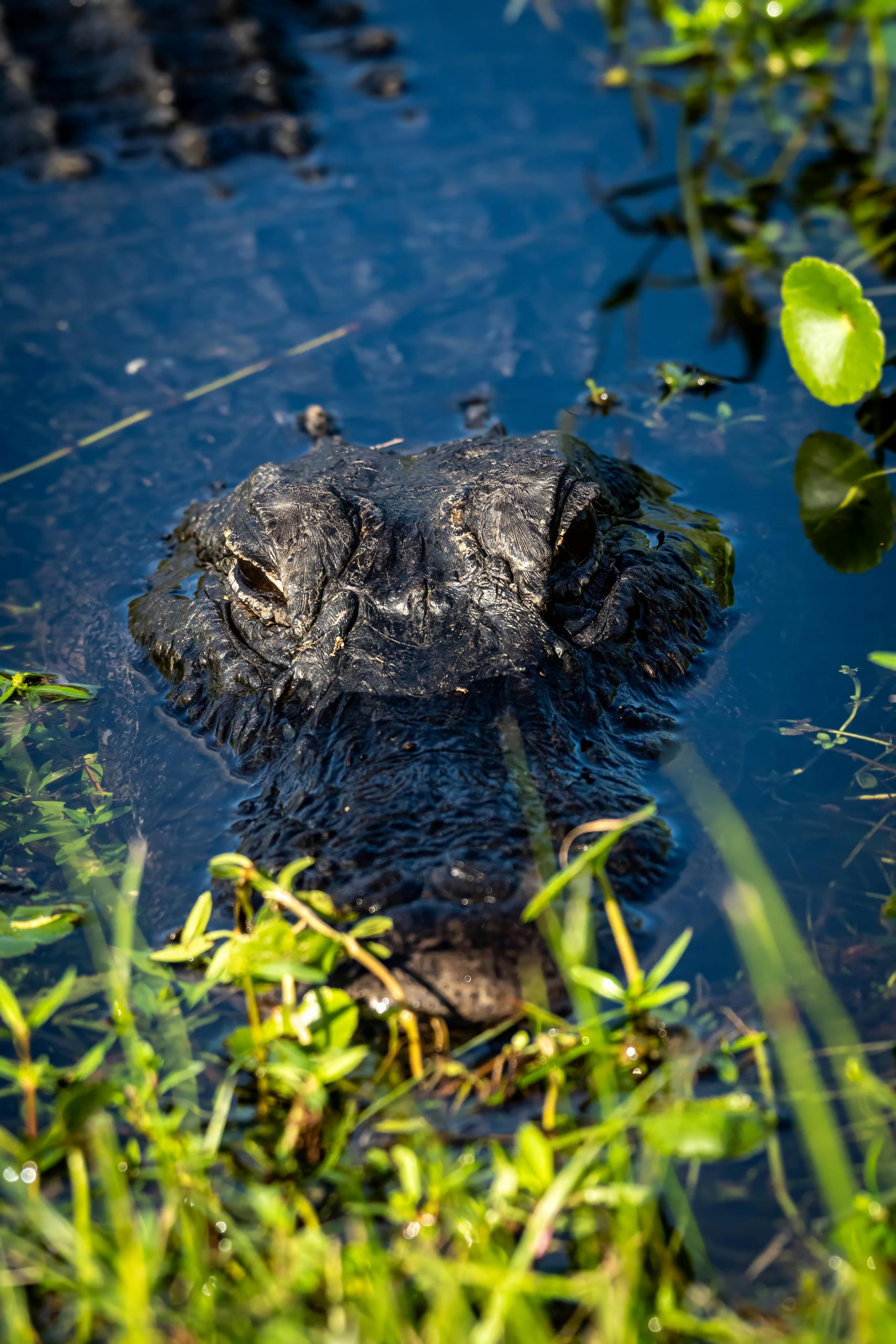Following the wombat story, what are some other shocking actions—by both foreigners and locals—regarding wildlife that deserve more attention?


Following the wombat story, what are some other shocking actions—by both foreigners and locals—regarding wildlife that deserve more attention?

What are some good ‘Australian’ souvenirs or gifts for relatives living abroad? I’m heading overseas soon to visit some family, and they’ve requested gifts that represent Australia. The first things

I picked up some Q Cola from Coles today, and it’s surprisingly delicious! Does anyone have recommendations for other Australian-made or owned alternatives to American products?

Why is alcohol so expensive? I’m really curious about why alcohol costs so much in Australia. It feels like prices skyrocket when you go out to a pub. For example,
There are several egregious behaviors involving wildlife that often go unnoticed or underreported, both by locals and foreigners. Here are a few examples that deserve more attention:
Wildlife Trafficking: The illegal trade of animals and plants continues to be a huge problem. Many people may not realize that purchasing items made from endangered species, like ivory or certain types of fur, contributes to this devastating issue.
Feeding Wild Animals: Tourists and locals alike often feed wild animals, believing they are helping them. This can alter their natural behaviors, make them dependent on humans for food, and increase the chances of dangerous encounters between wildlife and humans.
Habitat Destruction: Many activities, such as deforestation, urban expansion, and agriculture, encroach on wildlife habitats without much thought for the long-term impact on local ecosystems and species.
Invasive Species: When people introduce non-native species, either intentionally or accidentally, it can have catastrophic effects on local wildlife. This includes pets being released into the wild and tourists bringing invasive plants or animals in their luggage.
Wildlife Photography Practices: Some tourists get too close to wildlife for the perfect photo, disregarding safety protocols and the stress it can cause for the animals. This includes getting in their territory or cornering them to get that ideal shot.
Petting Zoos and Selfies: While petting zoos and animal encounters can be marketed as educational, they often prioritize entertainment over animal welfare. Animals in these settings can experience high stress and poor living conditions.
Neglecting Conservation Efforts: Locals may overlook the importance of supporting conservation initiatives, either through apathy or lack of awareness. Participating in or promoting local conservation efforts can make a significant difference in protecting wildlife.
Using Animals for Entertainment: From cruel tourist activities like elephant rides to performing animals in circuses, using wildlife for entertainment often involves exploitation and abuse.
Raising awareness about these issues can help foster more respectful interactions with wildlife and promote the importance of conservation and ethical tourism practices.